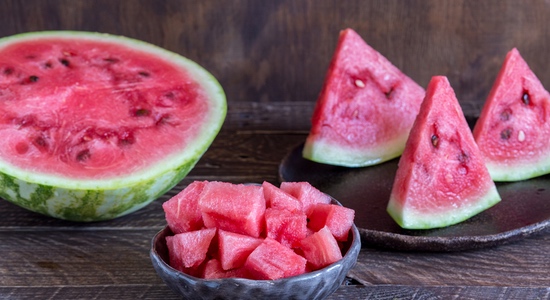Are watermelon, and grapefruit created equal?
According to the glycemic index, they are not. Watermelon is considered a “high glycemic” food, versus grapefruit, which is a “low glycemic” one. What does this mean, and does it matter to you?
The glycemic index (GI) was developed in 1981 and compares how rapidly different carbohydrate foods raise blood sugar. Measured on a 100-pt scale, the foods over 70 are considered to be high glycemic index choices. Supporters in the scientific and health community tout the GI’s usefulness for controlling blood sugar in people with diabetes and reducing cardiovascular risk.
There is also some evidence that indicates it might be helpful in promoting weight loss, when used in conjunction with caloric restriction. But, the glycemic index has its limitations. For one, it can be difficult to calculate when eating a meal with several different carbohydrate foods. They all have different glycemic indices, which makes it difficult to determine the overall glycemic index of a meal. Second, it can result in unnecessary confusion over if a given food is nutritious. Let’s use the watermelon example from earlier. It has a high glycemic index, but it also contains a good source of fiber, and micronutrients. For the average person, watermelon is not a food to unnecessarily avoid.
For these reasons, the glycemic index is not mentioned in the Dietary Guidelines for Americans, nor do organizations like the American Diabetes Association recommend it as a primary method for blood sugar control. It’s best to consider the overall “glycemic load” of a food, which also takes the portion size into account when determining how a food will affect blood sugar. For a list of values for different foods, visit Harvard Health’s website here: http://www.health.harvard.edu/diseases-andconditions/glycemic_index_and_glycemic_load_for_100_foods. And remember, tools like this are only useful for fine tuning purposes.
It is always important to follow the eating plan provided by your medical team first! Speak with a Nutrition Specialist if you have any questions.





